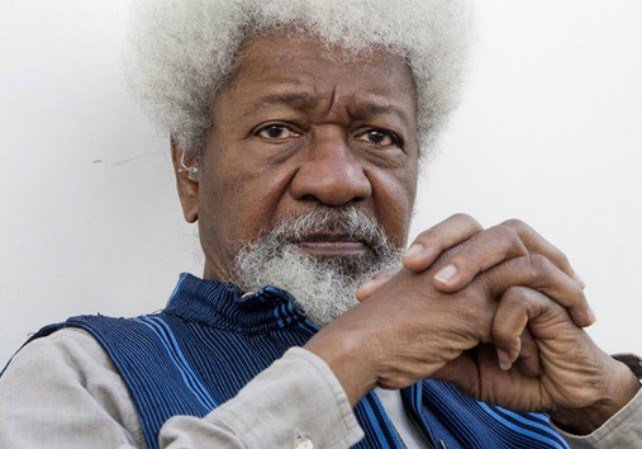The tragic death of Olabode Olawuyi, a zookeeper at the Obafemi Awolowo University (OAU), underscores the risks associated with confining wild animals for human purposes such as entertainment or education. He was killed while attending to the lions in the zoo.
Olawuyi’s death is not an isolated incident as recent reports indicate a similar pattern of fatalities in Nigeria. In 2015, a lion escaped from its den at the Jos Wildlife Park and killed a security guard. In 2017, lions at Agodi Zoo in Ibadan attacked one of the attendants, Mr Hamzat Oyekunle popularly known as Baba Olorunwa and killed him.
These events raise concerns about the morality and justification of keeping wild animals in captivity for entertainment, or conservation purposes. While some argue that zoos play a crucial role in protecting endangered species and educating the public, others emphasize the ethical concerns and the potential harm inflicted on animals.
The OAU zoo has been criticized by animal rights activists and experts for its poor conditions and lack of adequate care for the animals. According to a report by a research blog “Medium” in August 22,2022, the zoo was in a state of neglect and decay, with dilapidated cages, inadequate feeding, and insufficient veterinary services.
The report also revealed that some of the animals, including the lions, were suffering from malnutrition, diseases, and stress. In October 30, 2017 DAILY POST also gave report on the “Imminent danger at OAU zoo, as lions go hungry”
The zoo is not alone in the decay. Many zoos in Nigeria and other parts of the world are facing similar challenges, such as lack of funding, expertise, and regulation. Some zoos have been accused of exploiting the animals for profit, entertainment, or prestige, without regard for their welfare or conservation. Some animals have died or escaped from their enclosures, causing harm to the society.
Some people argue that zoos are beneficial for both animals and humans. They claim that zoos provide a safe and comfortable environment for endangered or threatened species, where they can be protected from poachers, habitat loss, and diseases. They also assert that zoos educate the public about wildlife and inspire them to care for the environment. Moreover, they contend that zoos contribute to scientific research and breeding programs that can help restore the population of wild animals in their natural habitats.
However, others contend that zoos are cruel and unnatural for wild animals. They point out that zoos deprive animals of their freedom, dignity, and social needs, and subject them to stress, boredom, and frustration. They also highlight the risks and dangers that zoos pose to both animals and humans, as evidenced by the numerous incidents of escapes, attacks, and deaths.
Furthermore, they question the effectiveness and legitimacy of zoos as conservation tools, noting that many zoos keep animals that are not endangered or native to their regions, and that most zoo animals are unlikely to survive or adapt if released into the wild.
The death of Olawuyi and the lion should serve as a wake-up call for the authorities and the public to rethink the role and relevance of zoos in the 21st century. While zoos may have some educational and scientific value, they also pose ethical and ecological dilemmas.
As we mourn the loss of a dedicated zookeeper and a majestic lion, we should also reflect on the fate of the other animals in the zoo and beyond. We should strive to create a more humane and sustainable relationship with the wildlife that shares our planet. We owe it to them, and to ourselves..























